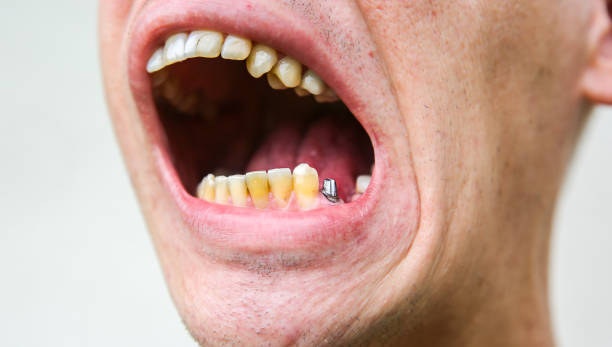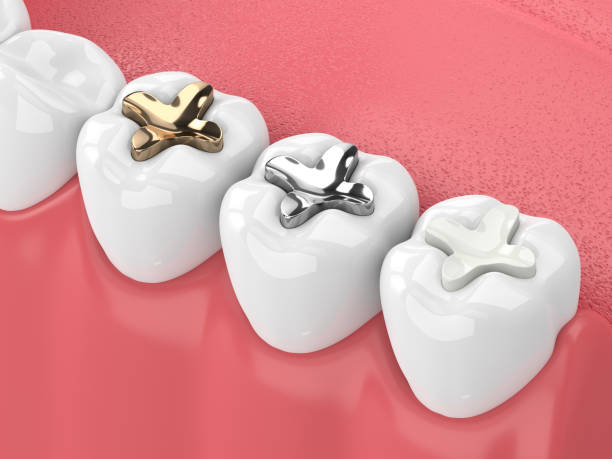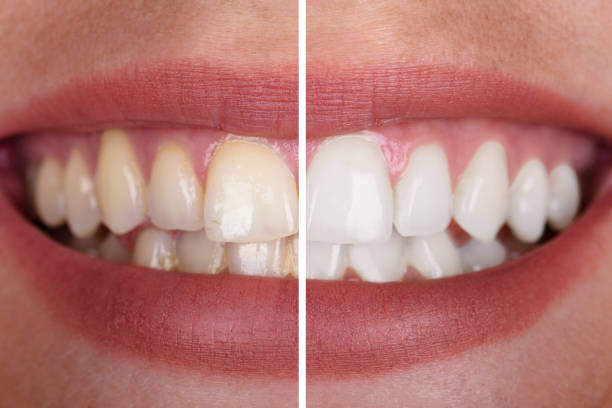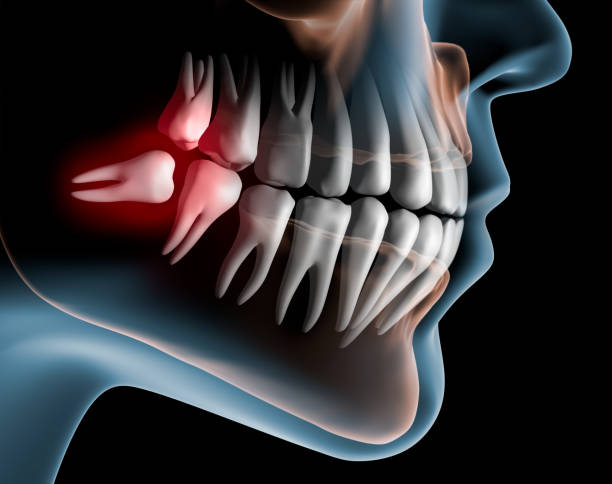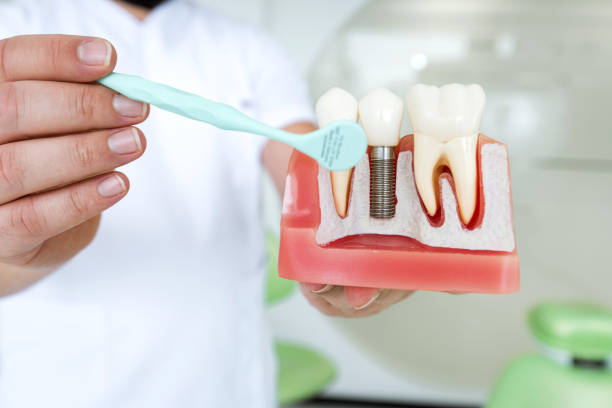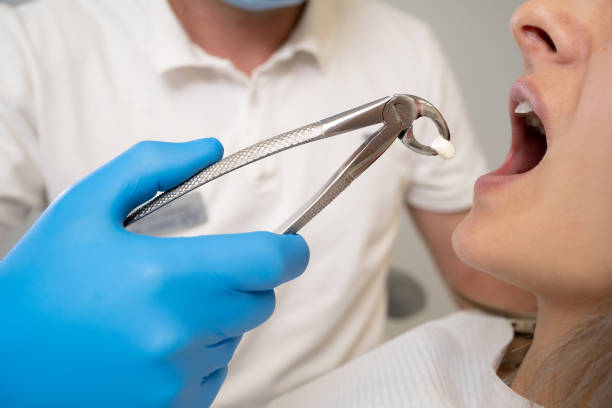The last permanent teeth to emerge in your mouth, wisdom teeth typically erupt between the ages of 17 and 21.
Numerous factors, such as discomfort and crowding, can lead to the need to remove wisdom teeth.
Can wisdom teeth cause ear pain? The short answer is yes.
Ear pain from wisdom teeth is generally considered to be an indication that they are impacted. The tooth’s ability to fully emerge through the gums is inhibited, which is the cause of this.
Table of Contents
Can Wisdom Teeth Cause Ear Pain?
The short answer to this is yes, they can. But to discover why this occurs, we must dig deep. The main nerve that supplies our teeth with sensation is located inside our lower jawbone. Our ear region is also traversed by this nerve, also known as the Inferior Alveolar Nerve. It makes sense that a cavity, crack, or infection in our wisdom teeth could result in ear pain since the nerve that controls both the ear and the wisdom tooth is located nearby. In some circumstances, you might also experience pressure inside your ears.
Though not all earaches are caused by our wisdom teeth, if your doctor does not notice any disease coming from the ear itself, you might want to consult a dentist to see if your wisdom teeth are to blame.
Will My Wisdom Teeth Cause An Ear Infection?
Our first piece of advice is to see an ear, nose, and throat doctor if you believe your ears are infected. Your wisdom teeth may be the cause of the pain radiating in that area if the infection is not coming from the ear. Many times, ear infections are mistaken for wisdom teeth pain. If this is the case, consult an oral surgeon in your area who can make an accurate diagnosis.
Read More: Can Wisdom Teeth Cause Headaches?

How To Get Rid Of It If A Wisdom Tooth Cause Ear Pain?
Unfortunately, the only way to solve this issue is to have a dentist remove your wisdom tooth. Keep in mind that the pain following the extraction might not go away right away. After the procedure, the body typically needs 1-2 weeks to completely get rid of each pain.
Some dentists will first prescribe an antibiotic to reduce swelling if the wisdom tooth area has a severe infection. The ear pain you are experiencing could possibly be alleviated by this antibiotic.
Symptoms Of Impacted Wisdom Teeth
Wisdom teeth erupting through the gums typically cause some discomfort. But a wisdom tooth that is impacted can cause serious problems very quickly.
While some impacted wisdom teeth cause no pain or issues, the most common symptoms of an impacted wisdom tooth may include:
- Painful and swollen gums
- Tenderness around the swollen gum area
- Persistent bad breath
- Aches in the jaw area where the tooth is located
- Difficulty opening and closing the mouth
- Frequent earaches
Symptoms Of An Infected Wisdom Tooth
Like many of the symptoms of an impacted wisdom tooth, a tooth that is already infected is accompanied by typical symptoms, including:
- Pain around the injection site
- Inflamed and tender gums
- Pus coming from the gum tissue
- Bleeding gums
- Swollen lymph glands under the jaw become swollen and sore
- A sore throat
- Difficulty swallowing
- Fever
When To Remove Wisdom Teeth?
Generally speaking, wisdom teeth should be extracted as soon as they begin to cause issues. That typically falls between the ages of 17 and 21 for adults, but your dentist or oral surgeon can help you determine when the time is right. You should consult with an oral surgeon as soon as possible if you experience pain in your jaw, gums, or ear.

